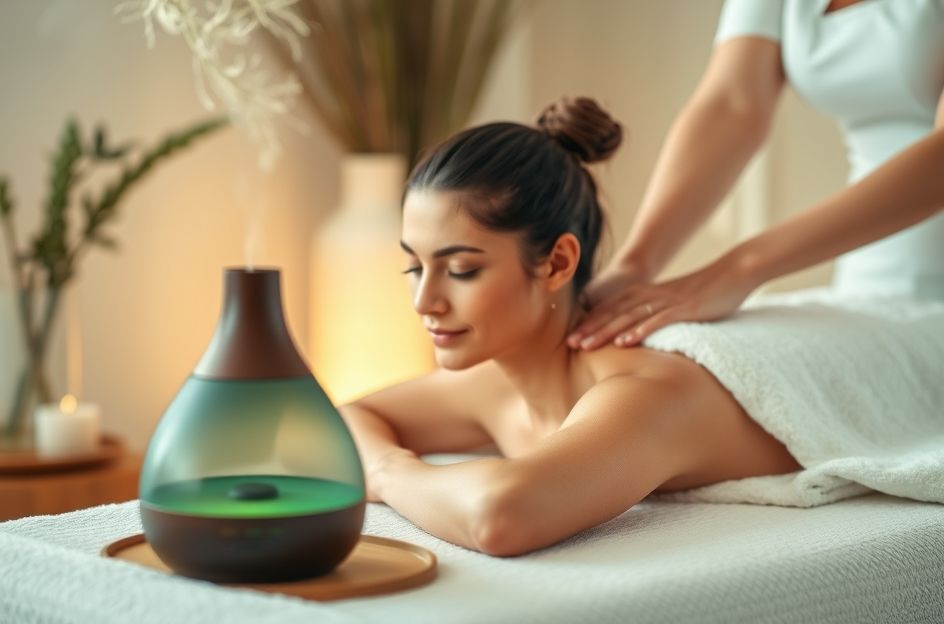Imagine a life devoid of smell. While not as debilitating as blindness or the loss of dexterity, it would be a significant deprivation. Your sense of taste would be diminished, and your brain would lack critical information about the world around you, hindering your ability to identify pleasures and dangers. Our sense of smell profoundly shapes our understanding of the world. In fact, olfaction is the only sense fully developed at birth, playing a crucial role in an infant’s ability to recognize and bond with their mother. Even the ‘chemistry’ between adults can be influenced by scent, with pheromones acting as chemical messengers that stimulate attraction. The nose, equipped with millions of odor-sensing cells, is remarkably adept at detecting smells. Some scientists believe humans possess a vomeronasal organ, similar to other animals, which helps detect subtle fragrance molecules. Certain odors can directly impact our thoughts and feelings. The scent of freshly baked bread can evoke comforting memories, while floral or spicy aromas can create a romantic atmosphere. Recognizing this effect, many European and Asian facilities are investing in ‘indirect perfuming’ to boost workplace productivity and promote recovery in hospitals. According to experts, using a personally pleasing fragrance during massage can be more effective than essential oils specifically indicated for massage. Common oils used in massage include bergamot, rose, chamomile, frankincense, geranium, lilac, neroli, and sandalwood, chosen for their non-irritating and universally appealing qualities. When starting with essential oils, consider common options like rosemary, peppermint, and ginger. Ultimately, choose scents that relax, comfort, or energize you. Trust your nose. Reputable suppliers of aromatherapy-grade oils include Earth Harmony, Aroma Vera, Tisserand, and Aura Cacia, all readily available at local health food stores.
Aromatherapy and Massage: Unlocking the Power of Scent for Relaxation and Well-being
